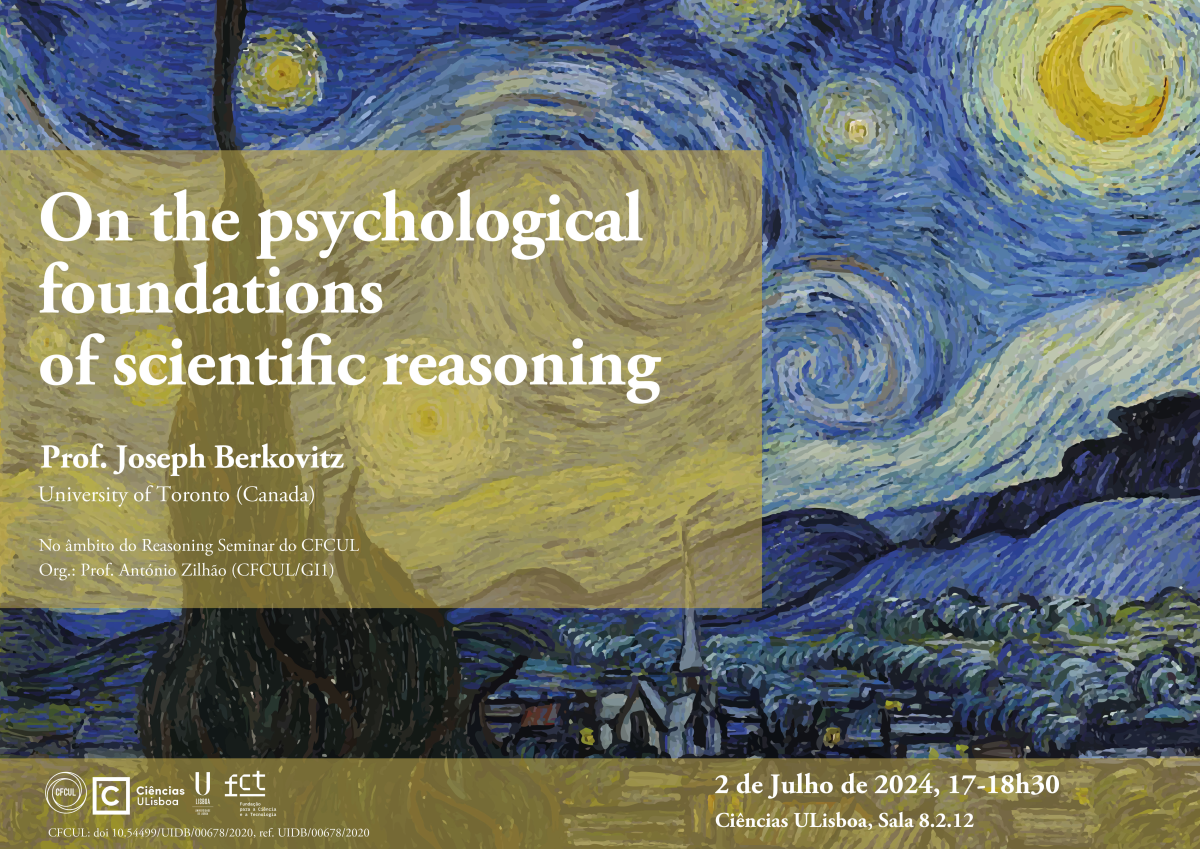Por Joseph Berkovitz (Institute for the History and Philosophy of Science and Technology and Philosophy Department University of Toronto).
We argue that the common epistemic frameworks in the literature largely misrepresent the nature of scientific reasoning and knowledge, and propose an alternative epistemic framework that is intended to represent them more adequately.
The literature on scientific reasoning focuses on propositional knowledge and conscious inferential reasoning, largely overlooking or marginalizing the role that non-propositional epistemic resources and unconscious, non-inferential reasoning play in shaping the nature of scientific knowledge. Inductive reasoning is characterized in logical terms. The idea is that, ideally, the relation between the evidence and the conclusions of an inductive inference should be logical, and that this ideal is best realized when such an inference takes a deductive form. It is thus common to call the system of rules that should govern rational inductive reasoning ‘inductive logic’.
We argue that each of these characteristics restricts the scope of integrating the central role that non-propositional epistemic resources, such as instincts, intuitions, and know-how, play in scientific reasoning and knowledge. We then propose a new epistemic framework that places instincts, intuitions, and know-how at centre stage and where the foundations of scientific reasoning is conceived as psychological rather than logical.


